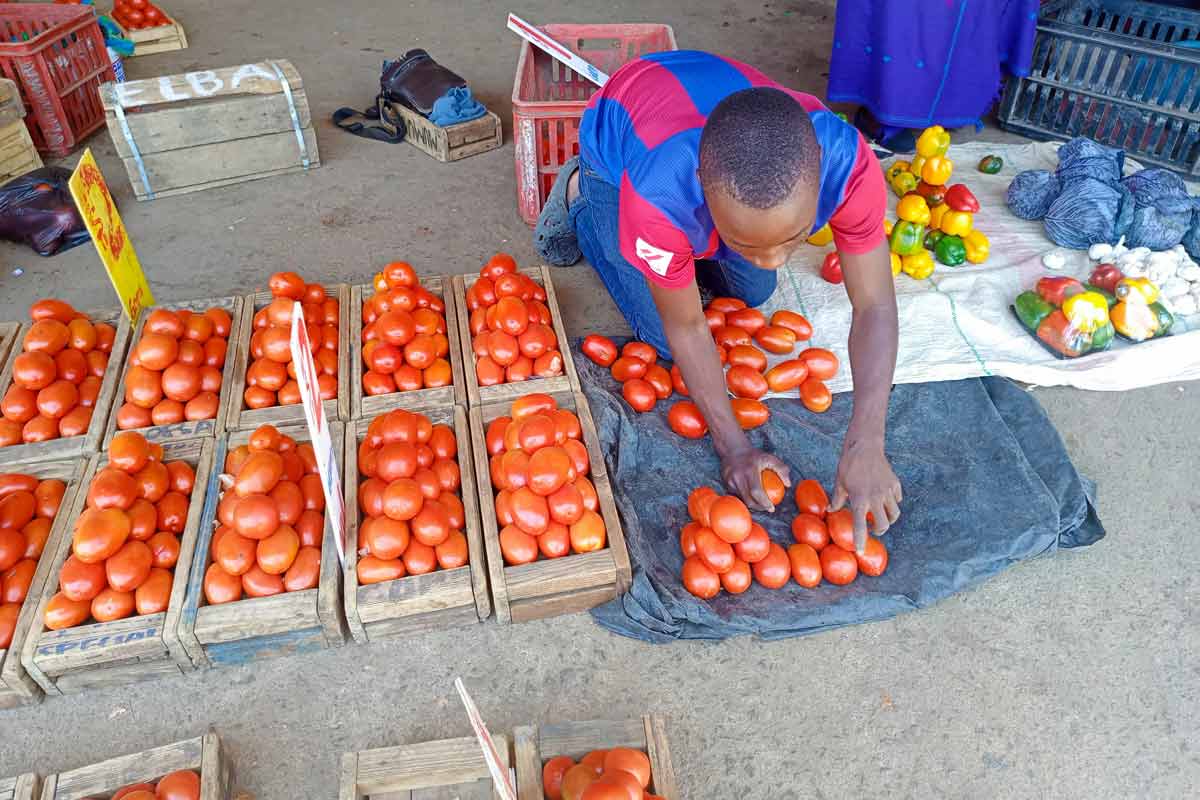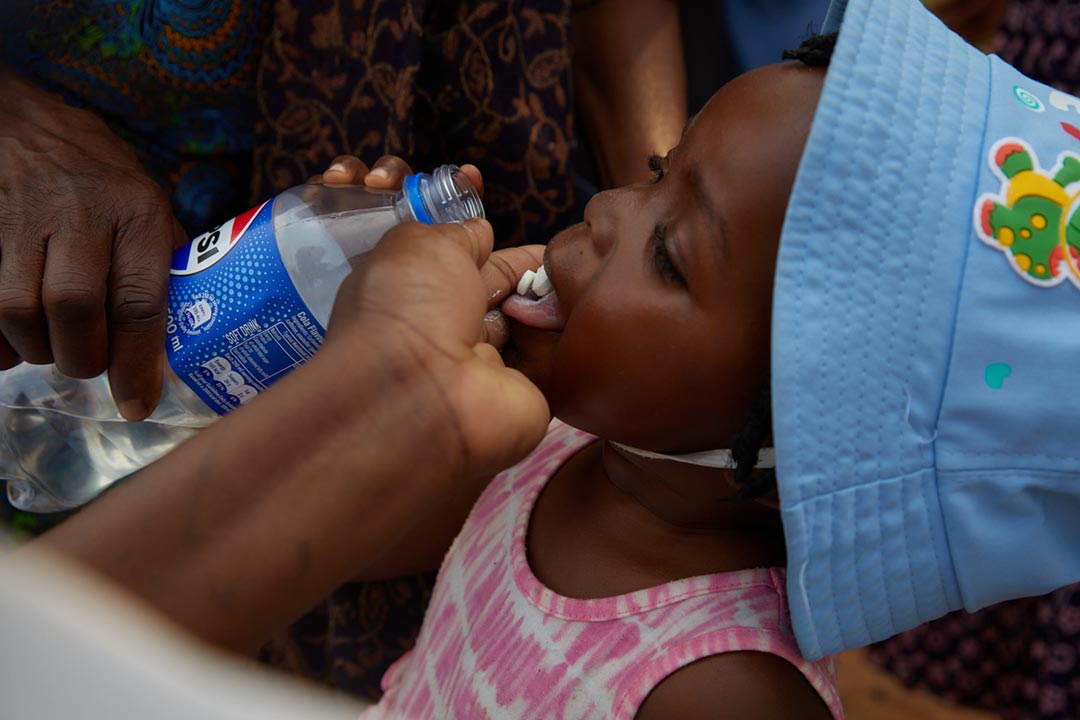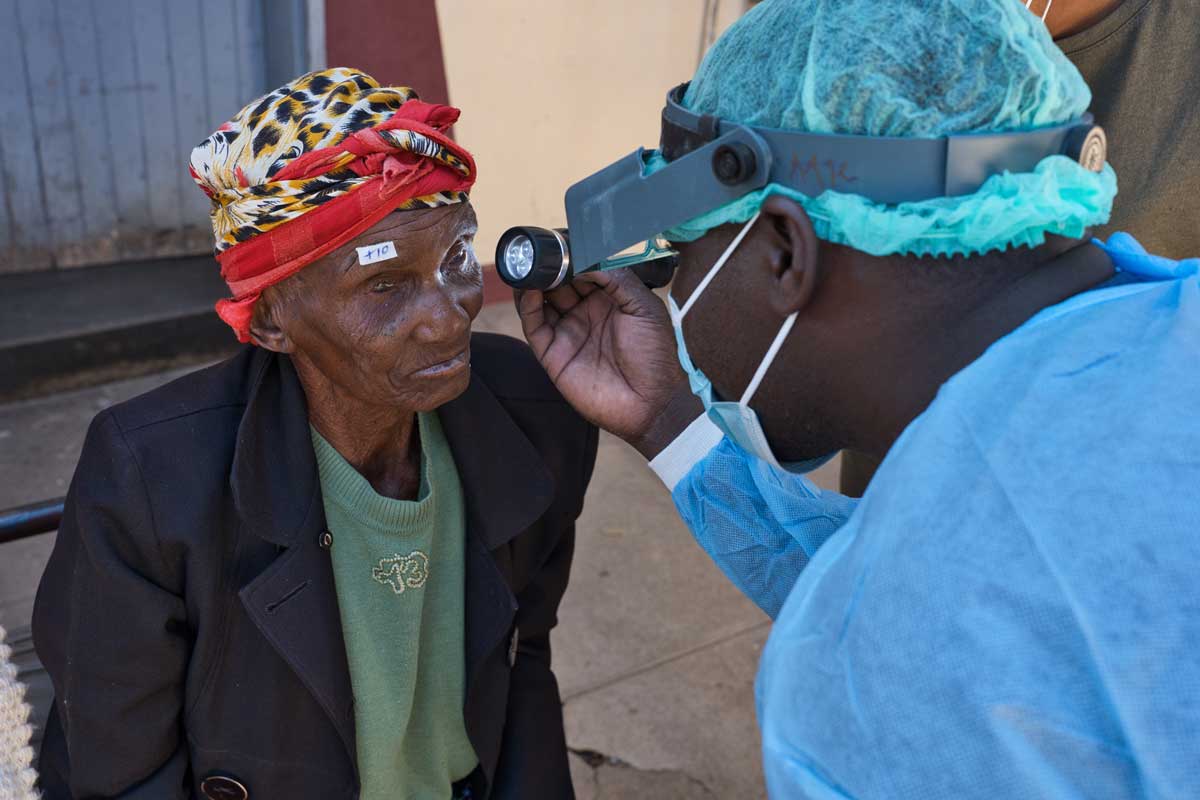After three outbreaks, Zimbabwe is on high alert to curtail cholera
Haunted by memories of epidemics past and bordered by outbreaks, Zimbabwe is bracing for the deadly, but preventable, infection.
- 25 May 2023
- 5 min read
- by Derick Matsengarwodzi
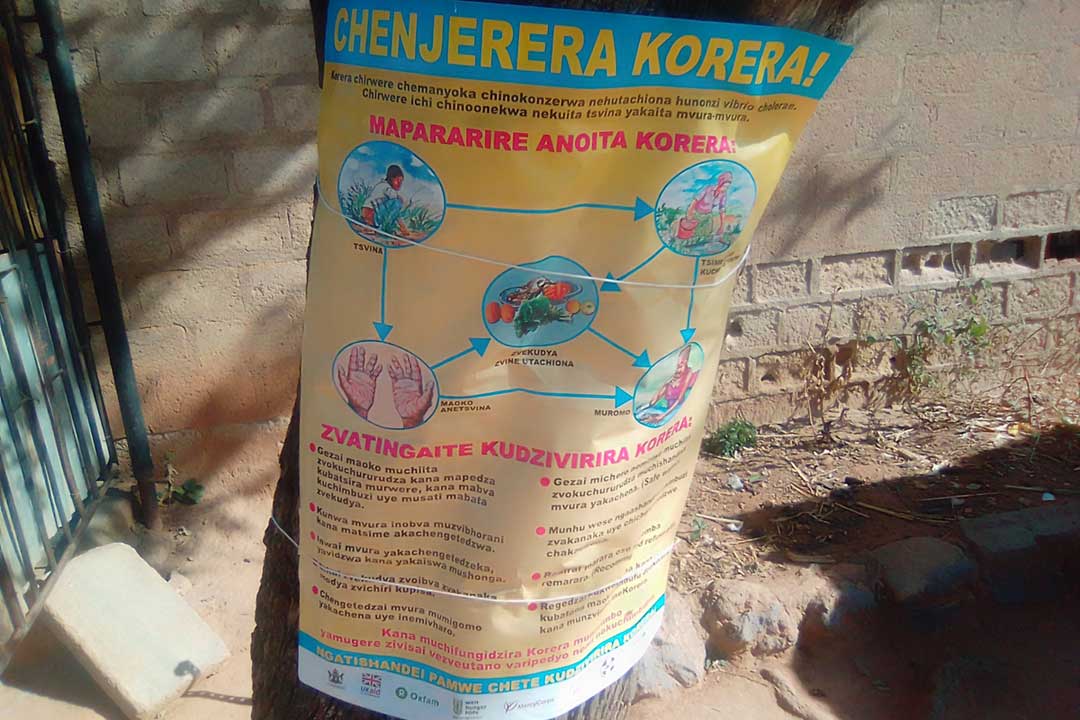
Fifteen years have passed since the cholera epidemic that killed his mother and many of his close friends, but each time Dennis Chafa, 44, hears news of another outbreak, he grows anxious, his mind flooding with grim memories.
“Her funeral was completely deserted; people were scared by her death and were advised to stay away.”
– Dennis Chafa
In 2008, Zimbabwe was in spiralling political and economic crisis, and many public services were in collapse. Fresh water supplies were inconsistent, Chafa recalls, leading multitudes of desperate citizens, mainly women and children, to forage unsafe water from shallow wells, some contaminated by unattended raw sewage. Late that year, Chafa, from Chitungwiza, 25km from capital city Harare, received an urgent notice informing him that his mother had become suddenly ill after returning from a funeral wake.
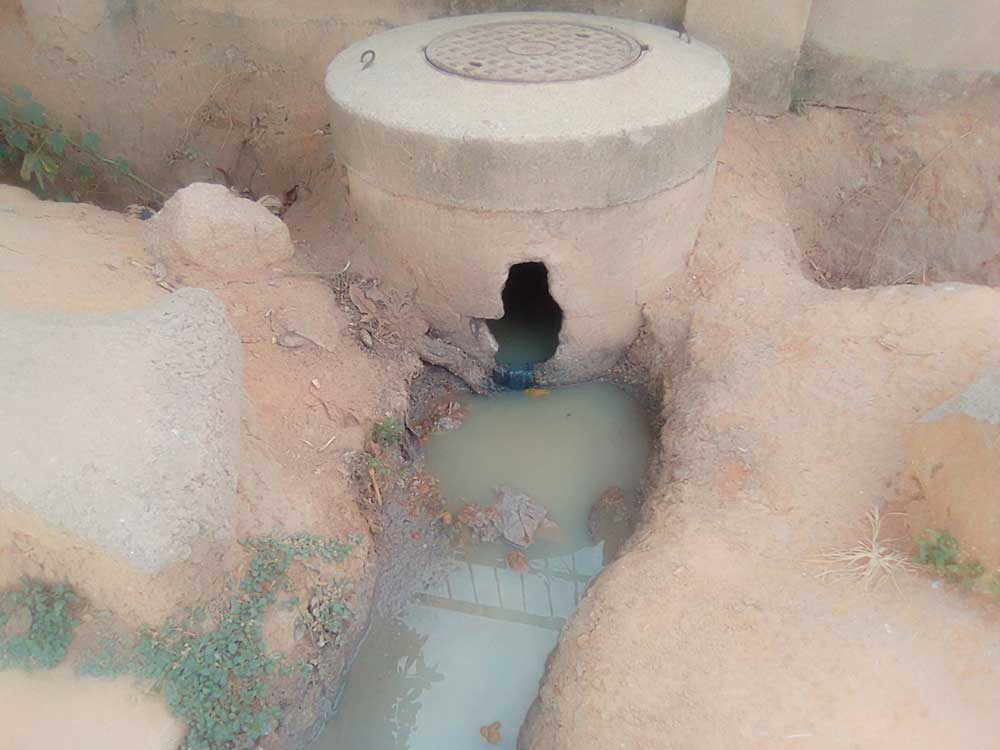
Credit: Derick Matsengarwodzi
Convinced it was a regular case of diarrhoea, she had stubbornly ingested more fluids, hoping for a recovery that would never come. "I will never forget that day in December 2008," he begins with tears brimming in his eyes. "Like any other day, I was going on with my usual business, and little did we know that we would be mourning."
Cholera spreads fast in explosive epidemics, and can kill, by dehydration, in just hours. It's caused by the bacterium Vibrio cholerae, which spreads in food and water tainted by infected faeces. Despite the fact that we've known the fundamentals of its prevention it since the 1850s, it precipitates an estimated 21,000 to 143,000 deaths a year worldwide, surging often amid war and disaster.
At home, without professional medical attention, Chafa's mother's condition deteriorated. Her skin turned ashy pale as she excreted liquid stools, but she continued to insist that she would be okay. Soon, it was too late to take her to the hospital. In desperation and shock, Chafa and his siblings watched as their only parent "finally twitched for the very last time".
"Whenever, I think of it, or hear of another cholera outbreak, I am always reminded of that fateful day, and the miserable episode suddenly replays in my mind," said Dennis. "Her funeral was completely deserted; people were scared by her death and were advised to stay away."
That year, almost 100,000 cholera cases were recorded in Zimbabwe, resulting in more than 4,000 officially-recorded deaths – the largest cholera outbreak in the nation's history.
Ten years later, another outbreak hit. This time, however, would be different: smaller, curtailed – finally totalling 10,730 suspected cases and 68 deaths. In 2018, unlike in 2008, Zimbabwe was armed with vaccines: 2.5 million doses of the oral cholera vaccine (OCV) were administered to high-risk populations, protecting some 1.3 million people in Harare's crowded suburbs.
Have you read?
Now, southern Africa is again weathering a season of cholera. Six countries in the region have so far recorded cholera outbreaks. Malawi is the worst affected, recording 36,943 cases and 1,210 associated deaths between March last year and February this year, according to WHO. So far, the country has received three shipments of OCV in response to applications to the Gavi-supported global oral cholera vaccine stockpile, established in 2013. The latest, for 1.4 million doses, landed in Lilongwe in April.
In February, the city of Chegutu in Zimbabwe's Mashonaland West Province was hit, recording 58 cases in a brief window of time.
The rest of the country is bracing. In Budiriro, a high-density suburb in Harare, badly ravaged by two previous cholera outbreaks, healthcare worker Sheila Watadza told VaccinesWork that the health system has embarked on an intensive awareness campaign. "So far, there have been extensive media outreaches targeting all citizens around the country, to educate people about cholera disease and its dire effect."
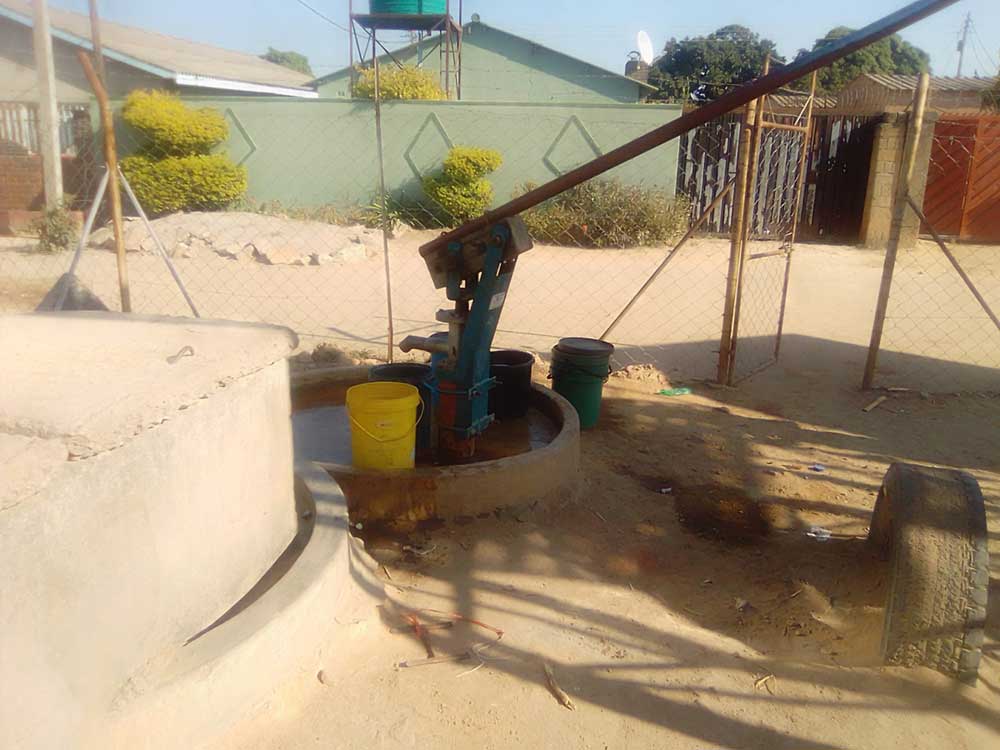
Credit: Derick Matsengarwodzi
Watadza added, "awareness campaigns help a lot, because even those who can't read or write –even the blind – have equal information as well as the literate citizens, as different media is used [such as] radio programmes, road shows, dramas, and newspapers, so that everyone is educated and has access to information."
Like many health workers, Watadza thinks back with pain and anxiety to the 2008 outbreak. "The cholera outbreak in 2008 was a bit challenging in terms of preparedness, because as a country we were facing economic stagnancy, with high inflation, and most things were out of reach for everyone. Regardless of that, we managed," said Watadza.
In late April, the Ministry of Health and Child Care conducted a cholera simulation exercise to gauge its current preparedness. "This exercise is one of the efforts to strengthen cholera response and address gaps and strengthen the readiness in high-risk cholera countries to quickly and effectively detect and respond to cholera, this inequity disease that can be easily prevented," MoHCC Epidemiology and Disease Control Director Dr Rudo Chikodzore told WHO.
Meanwhile, Harare City Council epidemiologist Dr Michael Vere, speaking to the weekly Sunday Mail, hinted at plans to conduct another cholera vaccination campaign. "We have already conducted assessments, looking at certain areas that were covered in the previous vaccine roll-out with the aim of finding out the impact the vaccine had. We don't want the situation to escalate to the 2018 levels."
For Dennis Chafa, any intervention to curb the spread of the disease is welcome. "I am glad something will be done, because we don't want to lose more lives, like what happened in 2008 and 2018."

